Gwinnett County: Benefits for Them, Bills for Us
(June/July Series: Part 6) Inside the Perks, Paychecks, and Priorities
Welcome back as we continue our June series into July. There’s more to say… so we’re going to keep saying it!
🧩We hope you’ve followed along in Parts 1-5 (linked at the end if you missed any) as we’ve tried to puzzle together how Gwinnett County government operates—and “pull back the curtain” so you can take a peek at how your hard-earned taxes are being spent—and maybe a little insight into why our county budget increases annually at an unsustainable rate.💰
🚫 What’s Stopping Them? No One!
As we said in Part 1, some of you might’ve read along and thought,
“Ehh, this is pretty much how I figured things worked.”
But many of you reached out with comments like:
“Wow, I had no idea. This needs to be addressed!”
Some even had colorful things to say about the current Democrat leadership 👀—and the need for leadership change.
Wherever you land politically, knowing this information matters. It equips you to be an informed voter and confront your county leaders with facts, not the polished talking points pumped out by the Communications Department. 📢
In today’s post, we’ll cover:
✅ A little history
✅ A spotlight on another key leadership role
✅ And a pivot into the other side of Gwinnett County's compensation package: BENEFITS
Spoiler: We should all be so lucky—and yes, you’re footing the bill.
🏛️ Civil Service vs. Corporate Employee
Did you know the majority of government jobs—federal, state, and local—are civil service positions? These include administrative, professional, and technical roles (excluding elected officials, political appointees, contractors or temp employees).
Civil Service was designed to promote:
🔹 Impartiality
🔹 Merit-Based Hiring
🔹 Continuity of Service — regardless of political change
🔹 Accountability to the taxpaying public
🔹 Governed by Rules that ensure neutrality, transparency, and professionalism
And that’s why Gwinnett County residents sit at the top of the org chart. 👑
But here’s the question:
Have we abdicated our role in demanding accountability?
🕰️ Why Civil Service?
The 🔗Pendleton Act of 1883 ushered in the modern U.S. Civil Service system, aimed to create a merit-based workforce to prevent abuses from the old “spoils system” and designed to attract competent professionals, apolitical workforce, while maintaining public accountability.
Historically, civil service jobs were:
Stable, but not lucrative compared to private sector opportunties
Modestly paid to avoid the appearance of government excess paid by taxpayers
Balanced by job security, strong pensions and benefits typically more robust and superior to private sector offerings
Viewed as public service, not corporate opportunity
💡 The idea was that benefits helped bridge the gap between government and private-sector pay—not exceed it—given taxpayer funding and public expectations of fiscal restraint.
Likewise, many other taxpayer-funded roles—including public school employees and teachers, fire/rescue, police, and more—are often labeled as “Public Service” roles and often used interchangeably with civil service. Many of these positions fall under the county’s taxpayer-funded budget.
🔹 These roles often start at a 20–30% lower salary than their private-sector counterparts, but offer attractive benefits for a total compensation package.
🔹 As a thank you for their public service—and to help show appreciation and help bridge any compensation gap—Georgia passed HB 748 in 2024, which included a $2,000 homestead exemption for many public servants.
🔹 Many businesses and restaurants also offer discounts to show appreciation for their public service.
But fast-forward to now…
We’ve reached a point where many government employees not only expect corporate-level salaries, but also enjoy superior benefits—far beyond what the average taxpayer receives. 🤯
When Civil Service Becomes Big Business
As mentioned in a previous post, a Gwinnett Chamber executive made a striking comment, in part:
“In most counties, it’s the corporate sector that sets the salary benchmark for the county. But in Gwinnett, it’s government setting the benchmark for private business salaries— and that’s unusual.”
🧨 The roles have seemingly reversed—and taxpayers are now the servants.
🧩 What Constitutes “Equity”?
Let’s look at another key leadership role: the Equity Officer, a position under County Administrator Glenn Stephens.
In April 2024, Gwinnett hired Ms. DeBerry as its first Equity Officer. She has held DEI (Diversity, Equity, Inclusion) roles at Gas South, PCOM Georgia, and others—and reportedly resides outside Gwinnett in Atlanta.
📌 Here’s the original position description:
Salary range: $98,554–$167,542
But in this same year, her 2024 salary is listed as $185,243—an $18K increase beyond the maximum salary range in her first year.
How many more employees have quickly exceeded their salary ranges? It’s a trend that continues to climb—at your expense.💸
🧾 Taxpayers are told:
“Nothing to see here. We just need to raise your taxes… for your own good.”
Below are the Equity Officer’s professional goals for Gwinnett County in 2025:
Regardless where you personally stand on DEI (Diversity, Equity, Inclusion) principles, the current Administration signed an 🔗Executive Order 14151 on January 20, 2025 “Ending Radical and Wasteful Government DEI Programs and Preferencing.” While primarily targeting federal departments, it also encourages review of DEI programs at the state, county and school system level— especially those receiving federal funds and grants.
💊 Bureaucrats and Benefits
Raise your hand if you’ve faced benefits open enrollment stress in recent months—whether as an employee comparing costly plan options, a retiree juggling Medicare Part A, B, C, D rate hikes, a veteran navigating the VA system, or a self-employed worker just trying to afford the basics. We have too.✋
Like most people, we reviewed our options and debated:
Should we choose the super high deductible plan with lower premiums (and more take-home pay)?
Or go with the higher premium plan that offers a slightly lower out-of-pocket threshold?
Would the plan even include our established doctors—or cover prescriptions if needed?
💸 Co-pays now rival the cost of paying out of pocket in some cases.
Many working taxpayers simply can’t afford medical, dental, vision coverage or other additional options and “perks”—and end up opting out entirely, just to “take their chances.”
For those lucky enough to have an employer contribute up to 50% toward benefits, it’s a blessing—but for most, it’s still unaffordable.
How does Gwinnett County government benefits compare to the average taxpayer?
Notice the statement says “Gwinnett pays an average of 87% of your medical premiums.” Correction: Taxpayers pay
View the full: 🔗Employee Enrollment Guide and 🔗2025 Employee Benefits Handbook.
A leader in the Gwinnett HR department has previously stated:
“We want Gwinnett’s benefits to rival Google’s benefits to attract IT professionals.”
Wait—what?
🧮 Let’s do the math:
156 employees in Gwinnett’s OIT department out of thousands county-wide
Google: A $307 billion revenue company with $100.1B in net profit (2024)
Gwinnett County: Generates no revenue. It’s funded entirely by taxpayers.
Gwinnett doesn’t build a product, generate sales, or earn a profit.
It simply collects your taxes and fees—and somehow, it’s never enough. 💰🔁
🩺 Concierge For Thee—But Not For Me
Of the many benefit areas we’ve noted, including retirees and all past elected officials who are allowed to stay on county benefits as long as they like, and robust pension and retirement plans.
One specific area caught our immediate attention recently. At the April 15th BOC meeting, an item on the Consent Agenda 2025-0328 under Human Resources noted the following:
The BOC voted to approve. We were curious: What did this $2 million annual contract cover and what was an on-site wellness center? Below is a breakdown of this annual contract agreement—essentially a private concierge doctor’s office for employees located in Lawrenceville at 750 S. Perry St. on the 2nd floor.
This Employee Wellness Center—featuring five exam rooms, a laboratory, office space for medical and wellness staff, and a multipurpose room for training and wellness activities—offers Gwinnett County full-time employees (and their dependents ages 3 and up), county elected officials and pre-Medicare retirees the opportunity to establish a private, personalized provider relationship.
Employees are promised “extra time to discuss their health care needs” and convenient, affordable access to care for their entire family.
💼 Services at this exclusive, taxpayer-funded wellness center include:
🩺 Primary Care Services
Sick care, minor injuries, preventive screenings, immunizations, and more
👨👩👧 Select Pediatric Care Services
Including well-child visits and sports physicals
🖥️ Virtual Care Navigation
Messaging, video visits, and phone consultations for flexible access
💊 Prescription Orders and Refills
On-site access to pre-packaged generic medications prescribed by center staff
🥗 Registered Dietitian Services
Support for nutrition, sleep, stress, diet, fitness, chronic illness, and weight management
🧪 Reduced Co-Pays
The center is designed to offer affordable, accessible care, significantly lowering out-of-pocket costs compared to outside providers. Services are free or low-cost for eligible employees, retirees, and county elected officials—including their dependents—with no complex insurance billing or claims required
Meanwhile, the average taxpayer struggles with:
🚫 Questionable, unaffordable or no insurance
🚫 High premiums, deductibles and out-of-pocket challenges
🚫 Denied claims and endless runaround
🚫 Struggle to afford basic care or office visit co-pays
🚫 Appointment wait times and limited physician access
Yet your tax dollars provide this private-like health service to employees—while you’re left to “figure it out.” 🤷♀️💸
🎯 Final Thought
We’re piecing together a bigger picture—and with every post, things become a little clearer. 🧩
When citizens stop asking questions, potential bad habits thrive.
And when there's a shift away from fiscal responsibility and respect for taxpayers toward what feels like self-serving government, it’s time for serious conversations.
But when we’re informed, connected, and engaged, we can shift the balance back toward common sense, fairness, and leadership that respects the people who fund it.
More pieces coming soon. Stay with us.
Catch up here on previous posts in this series: 🔗
Part 1: Population Fact or Fiction
Part 2: Homelessness Conversation
Part 3: Affordable Housing Puzzle
Part 4: Bureaucracy or Representation
Part 5: Power, Paychecks and Who’s Paying for It.
Disclaimer: This information is intended for educational and civic accountability purposes—to inform the public, encourage transparency, and ensure responsible governance in Gwinnett County. All information is true and accurate to the best of our knowledge and presented in good faith. Data has been obtained through publicly available sources or Open Record Request as of the date of publication.






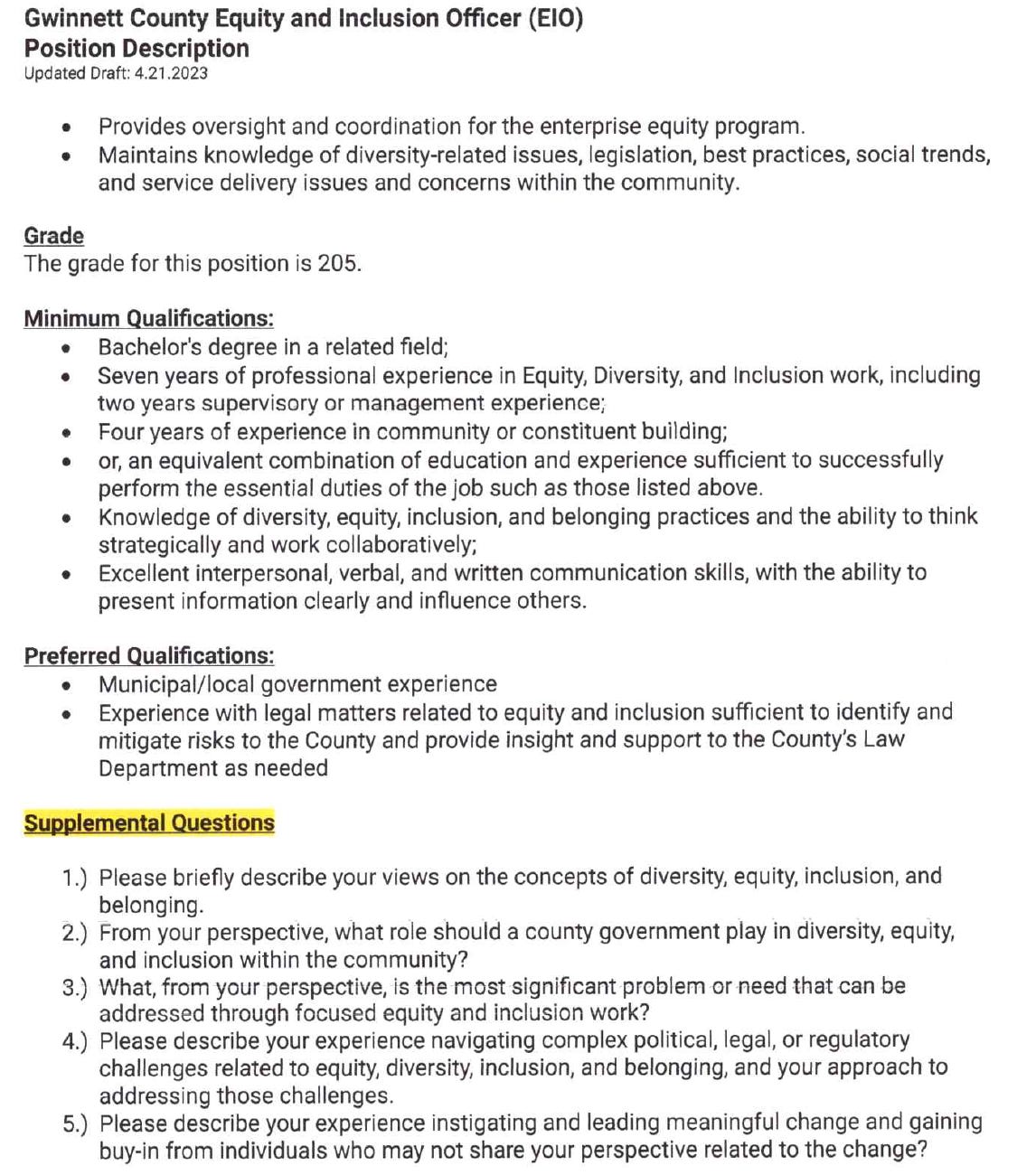
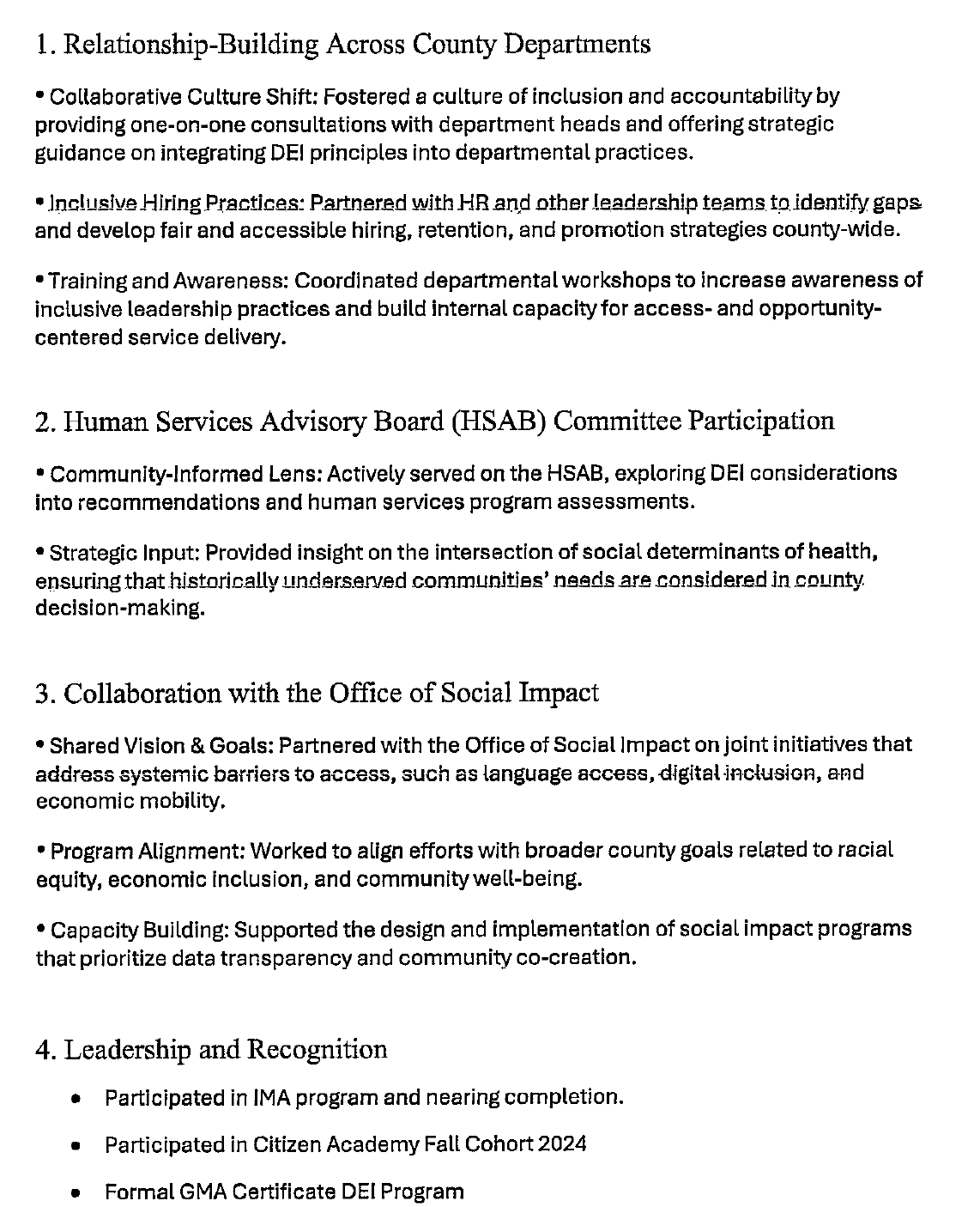

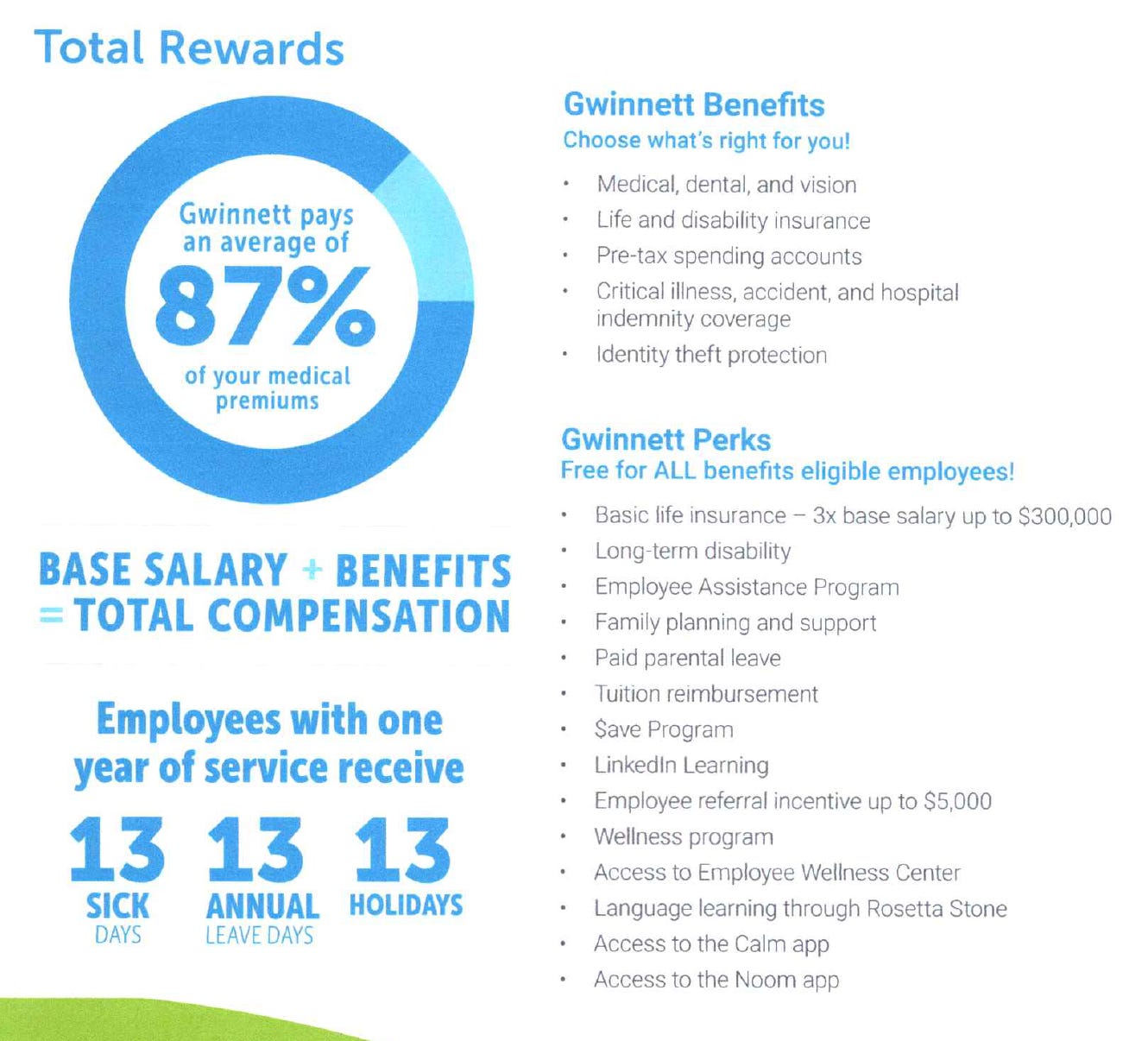

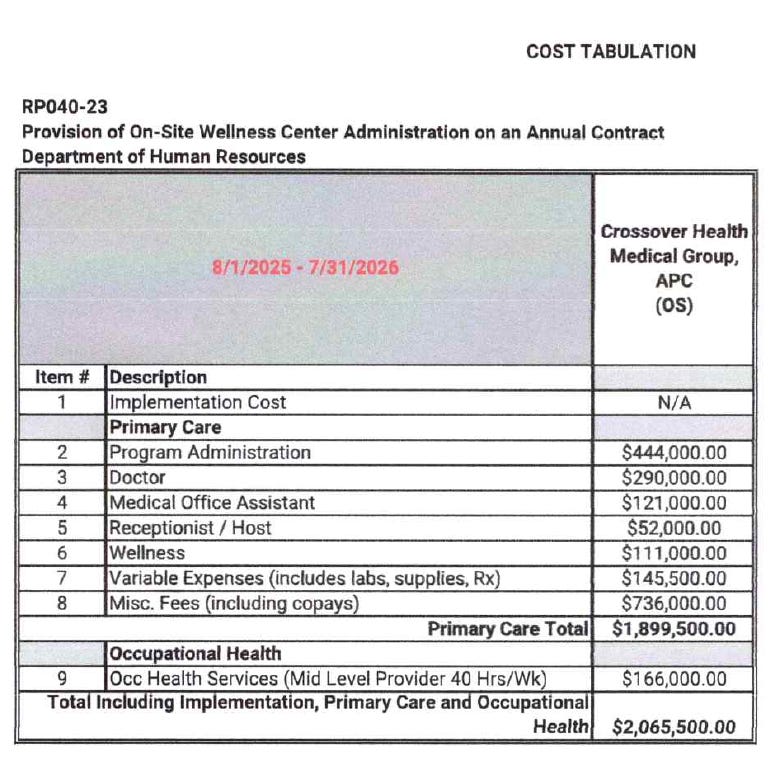
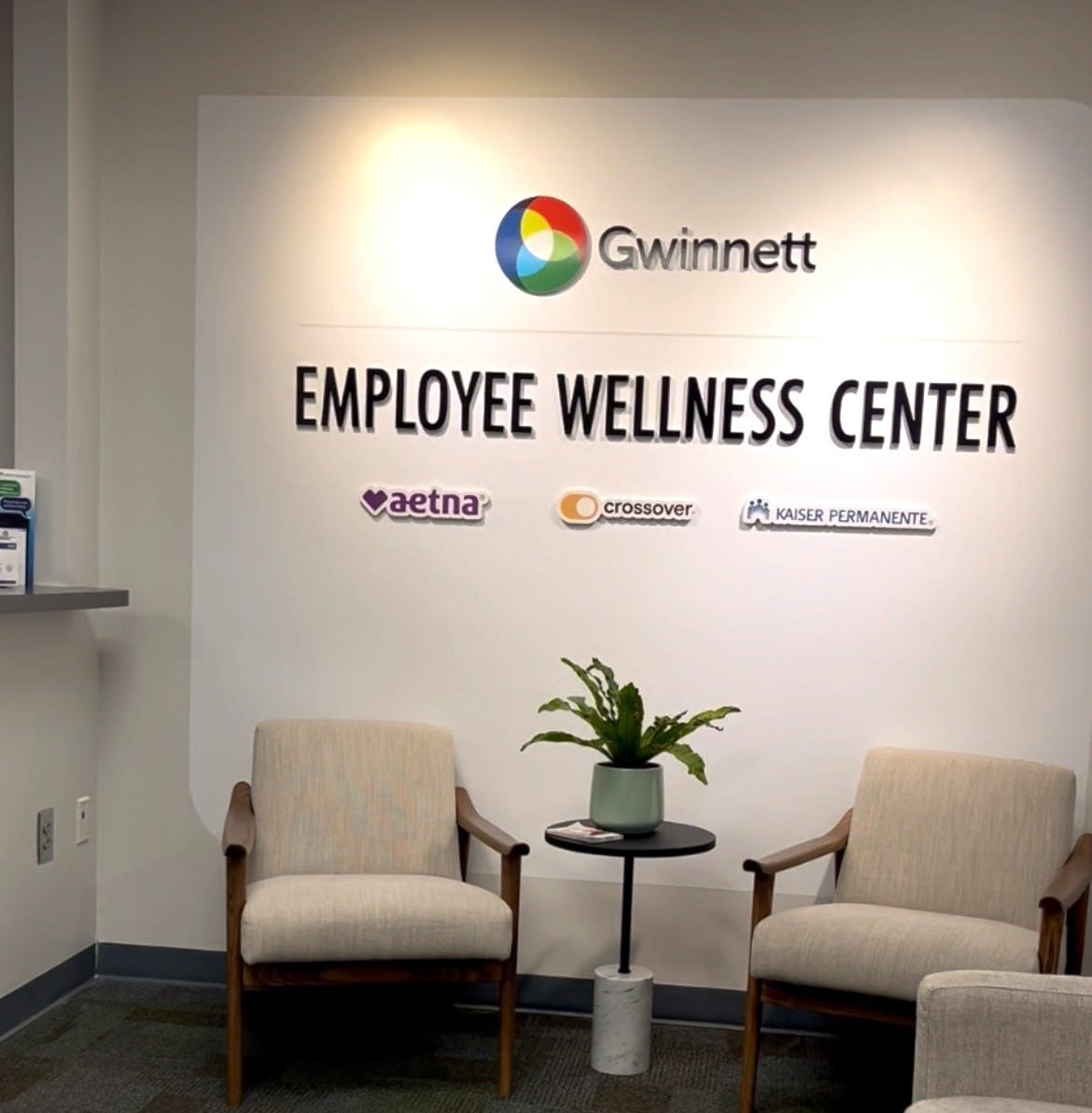

It's becoming more and more clear that property tax in and of itself creates a moral hazard which creates all manner of seen and unseen destructive consequences: bloated spending you describe, wanton levels of government debt and, something I've only been introduced to recently, appraisal fraud. I started watching a series of videos on YouTube by a Mitch Vexler who runs a development company called Mockingbird Properties. If you go to mockingbirdproperties.com/dcad you can view more videos and legal briefs in support of property owners. This a large and complicated problem that the vested interests do not want to examine on any level.
Thank you for your continued analysis on all the ways that Gwinnett County continues to WASTE and abuse Gwinnett taxpayers. As you wrote, Gwinnett does not GENERATE any revenue...they simply tax and abuse Gwinnett residents to pay for any and all of their pet projects. DEI anything should be shut down as President Trump has signed an executive order addressing that. I hope ALL Gwinnett residents appeal their property taxes and today, July 7, 2025 is the last day to submit an appeal. These money grabs are legalized THEFT in broad daylight. As you previously said, the hardworking residents of Gwinnett ought to REVOLT! This is ABUSE!!!